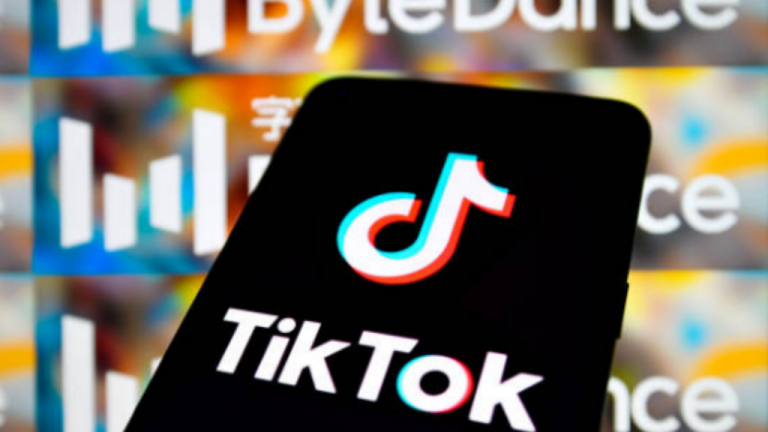
ByteDance, the Chinese company that owns TikTok, is launching a second share purchase for staff this year at a greater price than the first, according to two sources, in an effort to inspire employees amid slowing growth and uncertainty over a plan to go public.
ByteDance reportedly informed qualified workers via email that they can seek to pay out their Restricted Stock Units (RSUs), the company’s stock option scheme. They reported that it offered $155 per unit, up from the $142 price set for the repurchase earlier this year.
The higher price is intended to motivate staff by allowing them to monetize their shares, according to unnamed sources who requested anonymity since the information was confidential.
ByteDance, a multinational company with approximately 10,000 workers, did not immediately respond to a request for comment.
It could not be determined immediately how much of the company is owned by employees or how much has been set aside for the buyback by ByteDance.
As one of the most valuable private technology businesses in the world, it has established a variety of incentive plans this year, including stock option granting programs at a reduced price, in response to slowing revenue growth, which slowed to 70% from more than 100% in the previous year.
The economic slowdown in China, which is mostly attributable to strict COVID-19 restrictions, and Beijing’s regulatory crackdown on the technology industry have reduced profitability and valuation prospects for many Chinese technology companies.
According to separate sources, the 10-year-old company typically initiates stock option buybacks twice a year for staff.
ByteDance reportedly considered an initial public offering (IPO) in Hong Kong, according to multiple sources cited by Reuters.
Earlier this year, though, chief financial officer Julie Gao reportedly informed staff at an internal meeting that the company had no deadline for an IPO.
According to sources, the unlisted business was recently valued at around $300 billion, or roughly $170 per share, on the private-equity secondary market, down from a peak of around $400 billion last year.
Last month, the corporation also initiated a share repurchase program in which it will spend up to $3 billion repurchasing shares from its investors, valuing the company at up to $300 billion.




